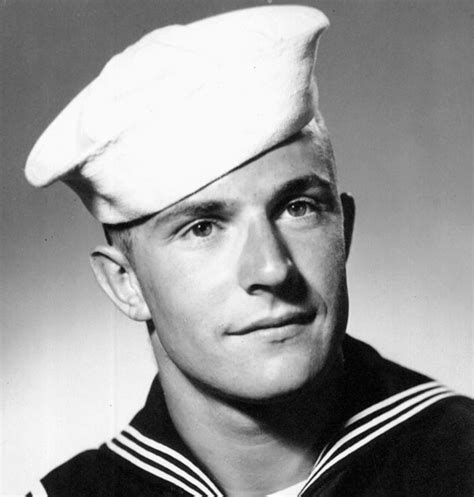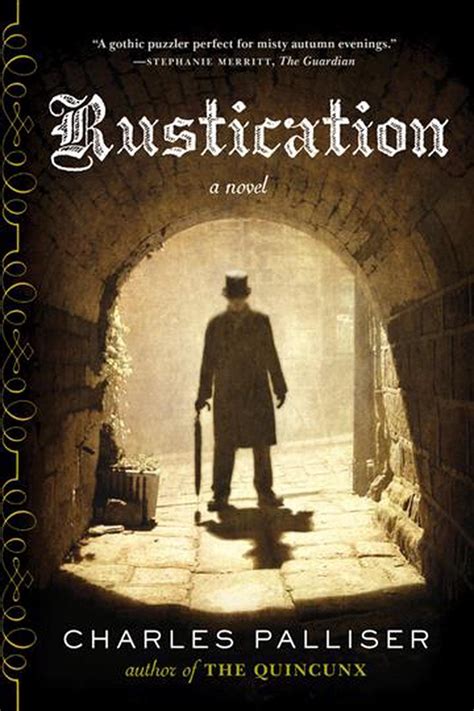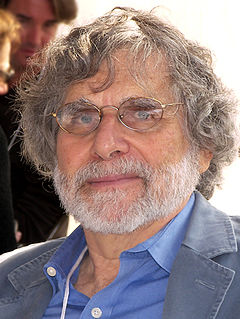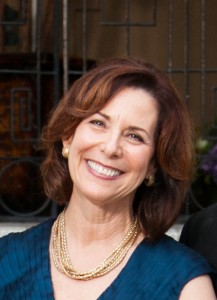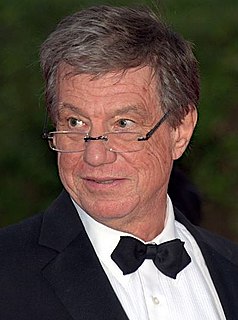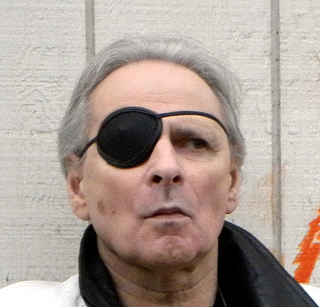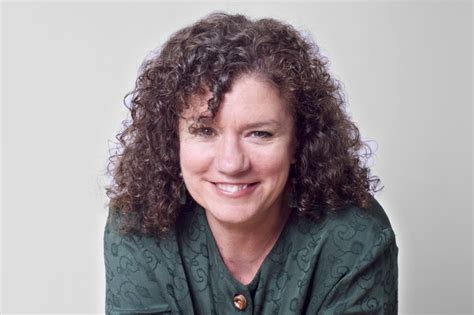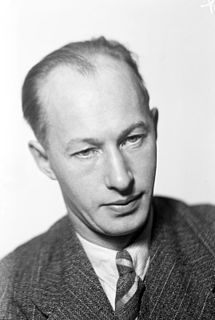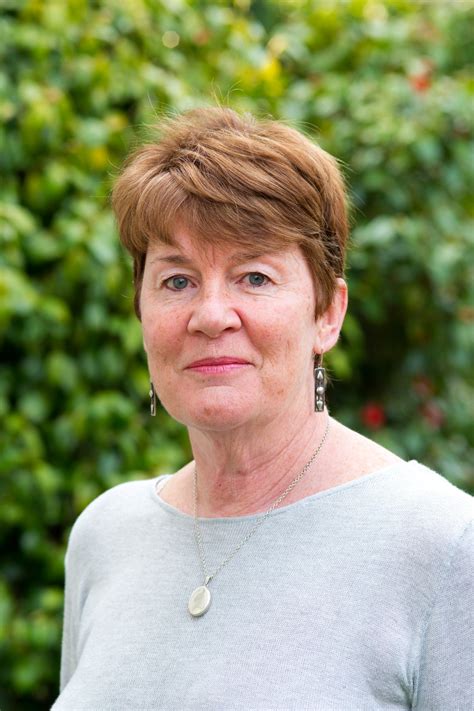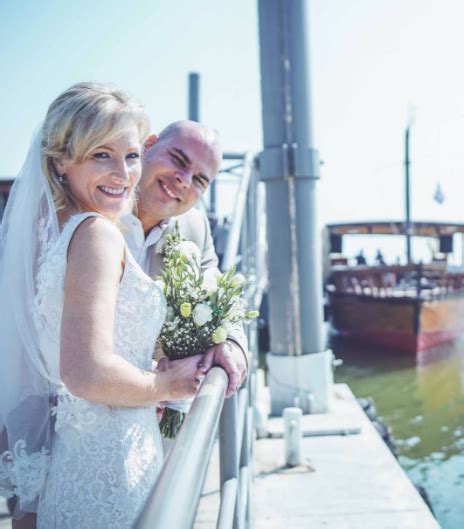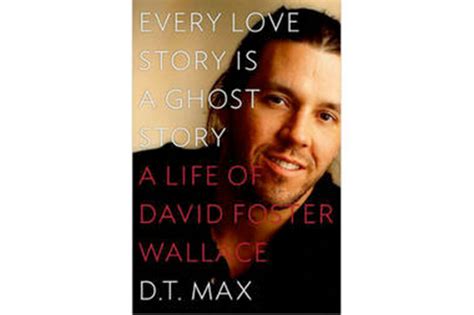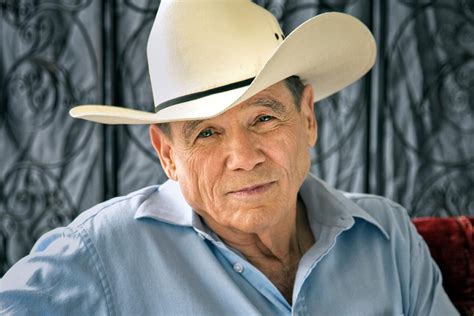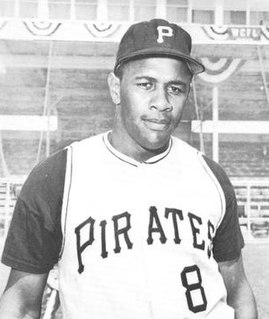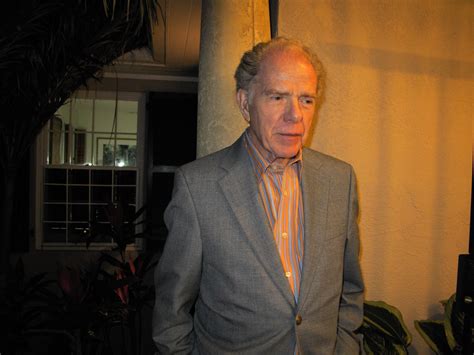Top 180 Narrator Quotes & Sayings
Explore popular Narrator quotes.
Last updated on April 14, 2025.
If someone tells you that George Bush is not the 43rd president of the United States, they might be engaged in wishful thinking, or denial, but if they make that claim, it's either true or false! And you can assess that, regardless of whether there's an omniscient narrator, or an unreliable narrator, or it's shot in vérité, or it's manipulated, it's agitprop, whatever! It makes no difference! It's a style!
Ezra clapped his hands. "all right," he said. "In addition to the books we're reading as a class, I want to do an extra side project on unreliable narrators." Devon Arliss raised her hand. "what does that mean?" Ezra strode around the room. "well, the narrator tells us the story in the book, right? But what if... the narrator isn't telling us the truth? Maybe he's telling us his skewed version of the story to get you on his side. Or to scare you. Or maybe he's crazy!
Almost all of the stories in The Matchmaker, the Apprentice, and the Football Fan are told in the first person, yet, depending on the angle and distance of the narrator, they exert different effects. The best are those in which the speaker never poses as an objective outsider. (...) Other stories are damaged by the urge to distance the narrator.



